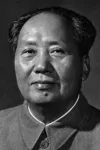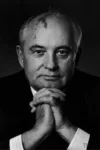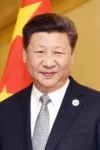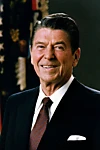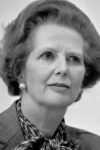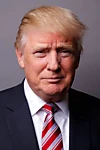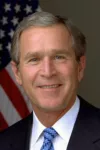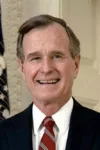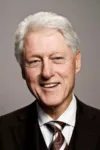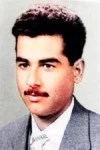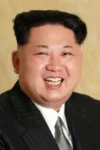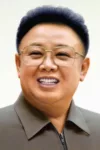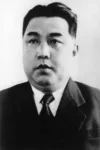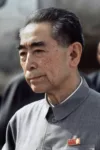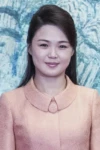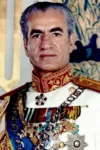Biography
(No Information)
Filmography
all 19
self 18
Movies 15
TV Shows 4
Self (archive footage)
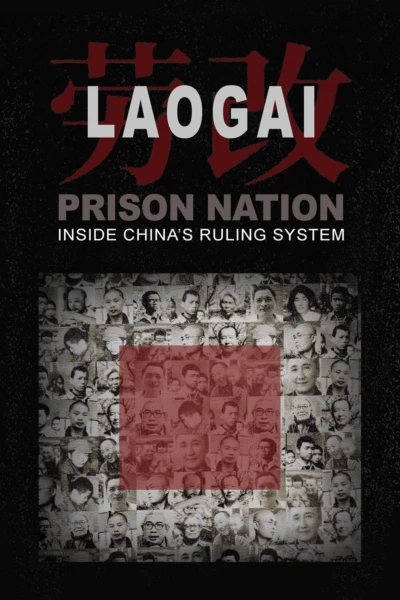
Laogai: Prison Nation - Inside China's Ruling System (2023)
TV
Self - Politician (archive footage)
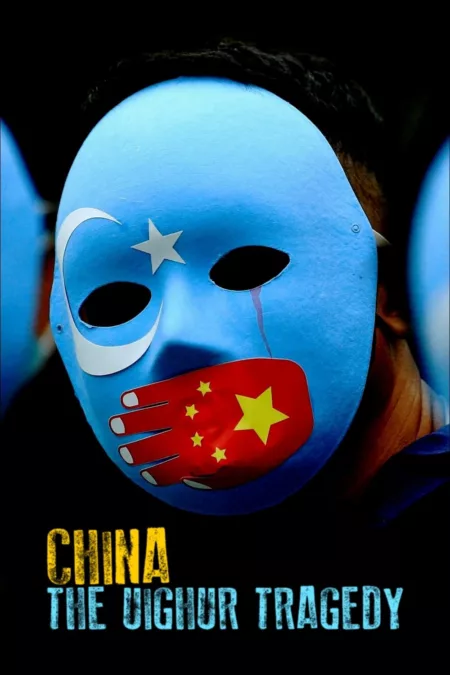
China: The Uighur Tragedy (2022)
Movie
Self (archive footage)
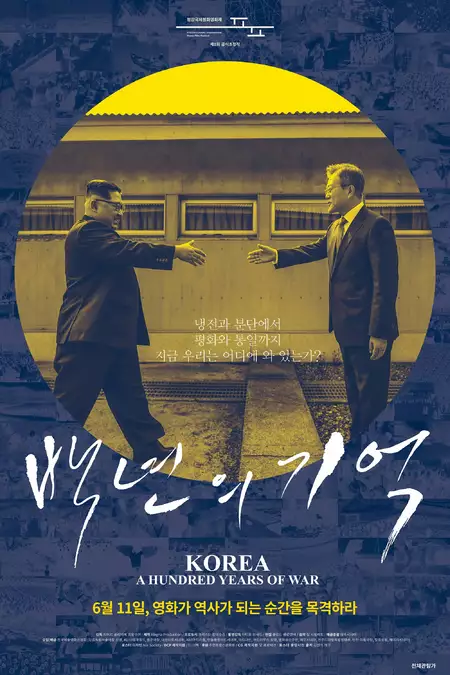
Korea, A Hundred Years of War (2020)
Movie
Self (archive footage)
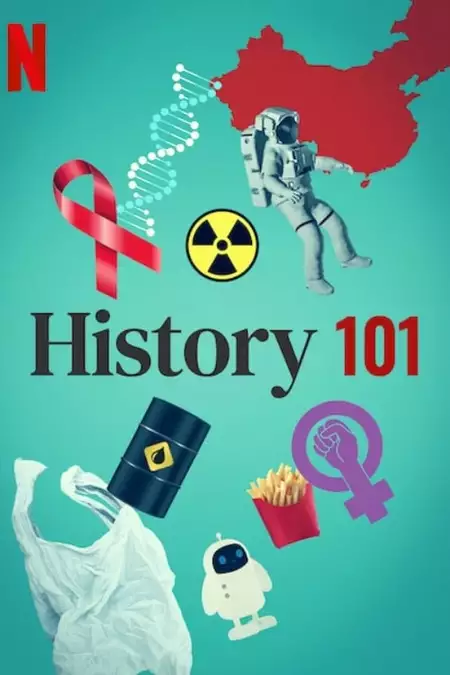
History 101 (2020)
TV
8.5
Self - Politician (archive footage)
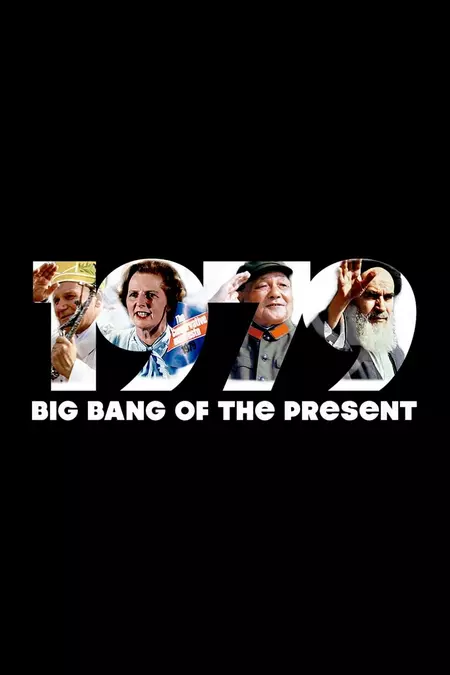
1979: Big Bang of the Present (2019)
Movie
Self - Politician (archive footage)
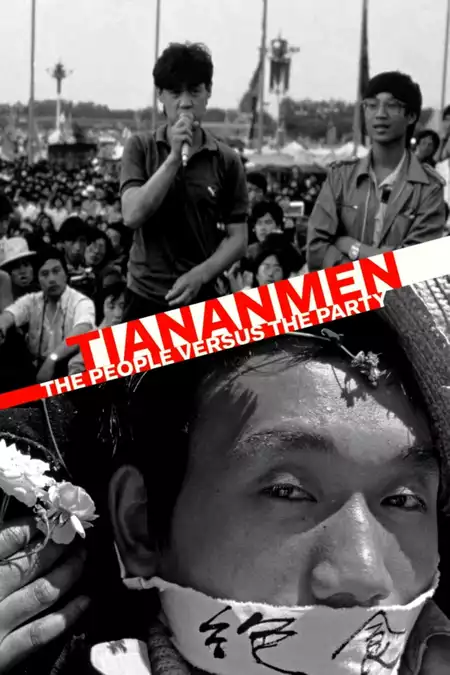
Tiananmen: The People Versus the Party (2019)
Movie
Self - Politician (archive footage)
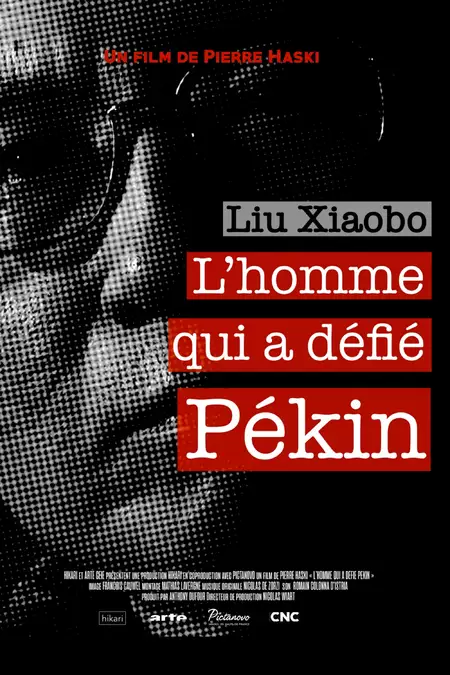
The Man Who Defied Beijing (2019)
Movie
Himself (archive footage)
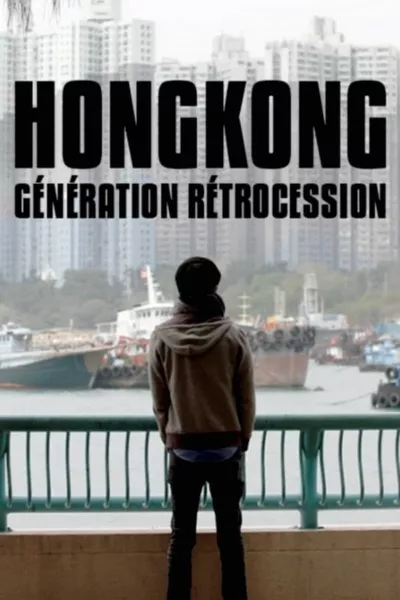
Hong Kong: Retrocession Generation (2017)
Movie
Self - Politician (archive footage)
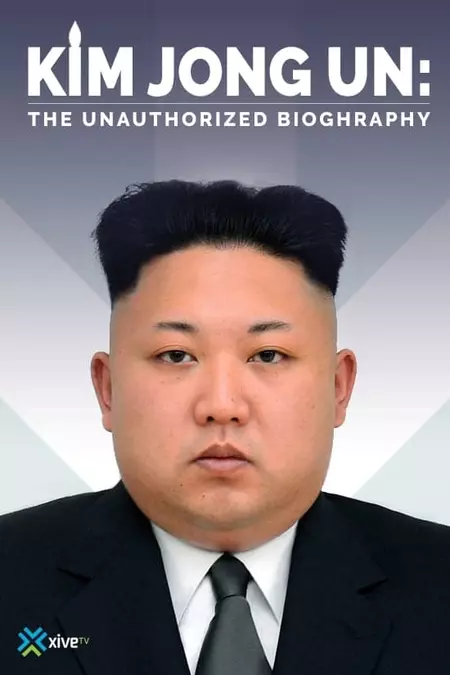
Kim Jong-un: The Unauthorized Biography (2015)
Movie
Self (archive footage)
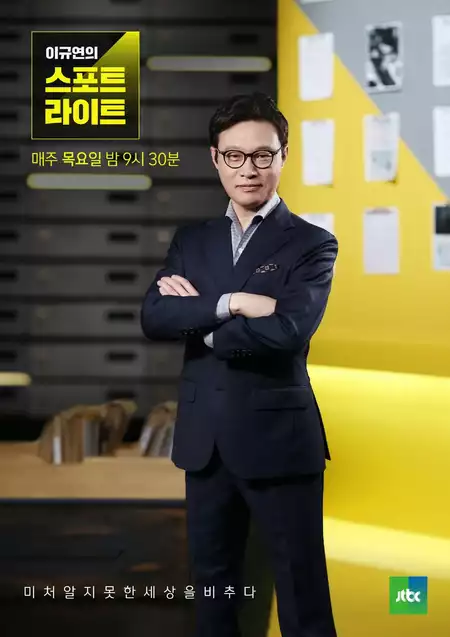
Spotlight (2015)
TV
Self (archive footage)
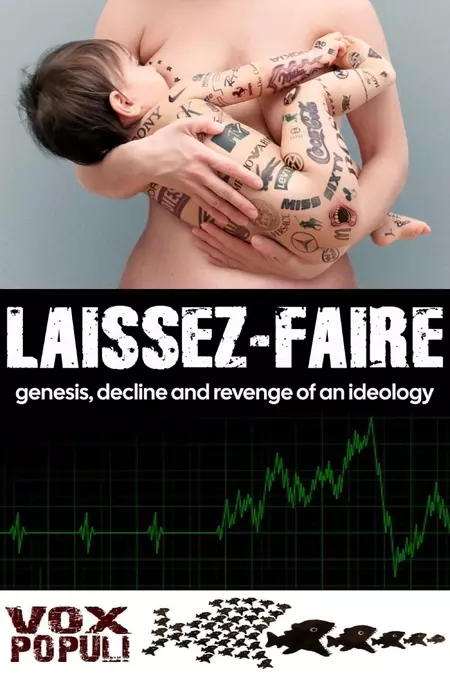
Laissez-faire (2015)
Movie
Self (archive footage)
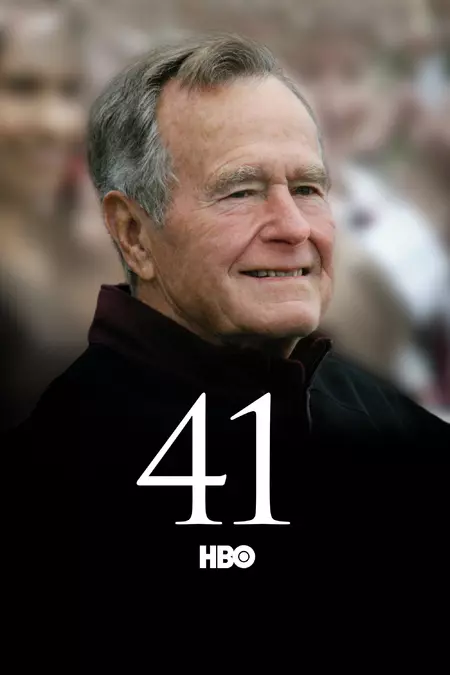
41 (2012)
Movie
Self (archive footage)

Madness. Reflections on the Cost of Murder (1979)
Movie
Information
Known ForActing
GenderMale
Birthday1904-08-22
Deathday1997-02-19 (92 years old)
Birth PlaceGuanganzhou, Republic of China
Religionatheism
RelationshipsZhang Xiyuan (1928 - 1929), Zhuo Lin (1939 - 1997), Jin Weiying (1931 - 1939)
ChildrenDeng Zhifang, Deng Rong, Deng Nan, Deng Pufang
CitizenshipsRepublic of China, Qing dynasty, China
Also Known AsXiaoping Deng, 邓小平, 鄧小平, 덩샤오핑
AwardsPeople's Liberation Army Strategist, Financial Times Person of the Year
This article uses material from Wikipedia.
Last updated:
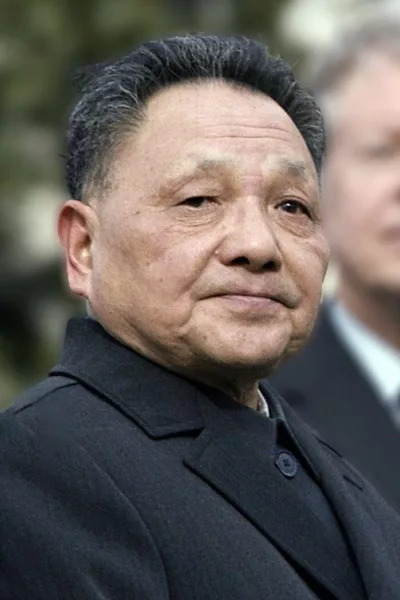 Deng Xiaoping
Deng Xiaoping- Filmography
- Information
- Related Persons
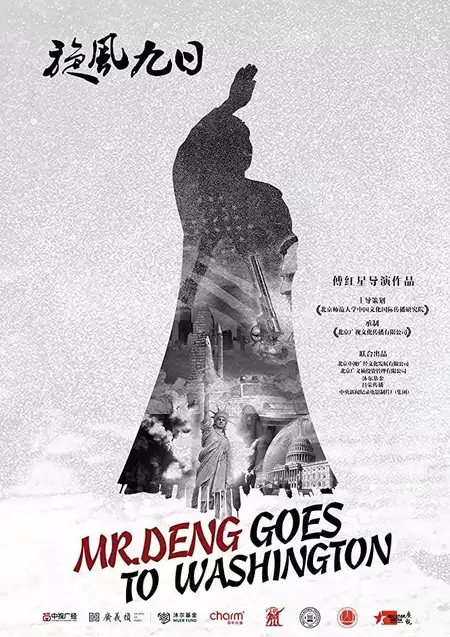
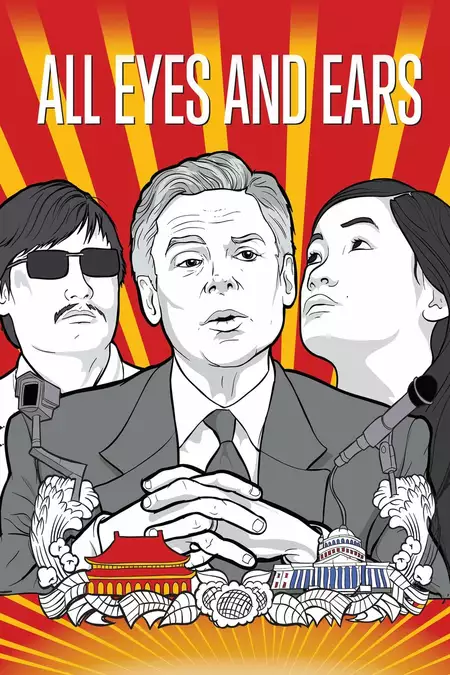
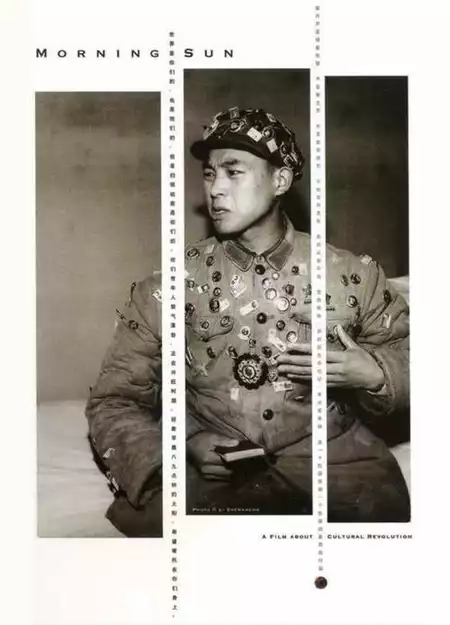
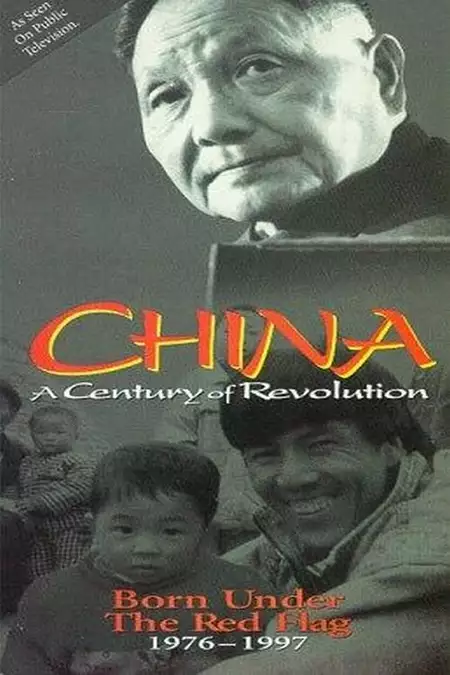
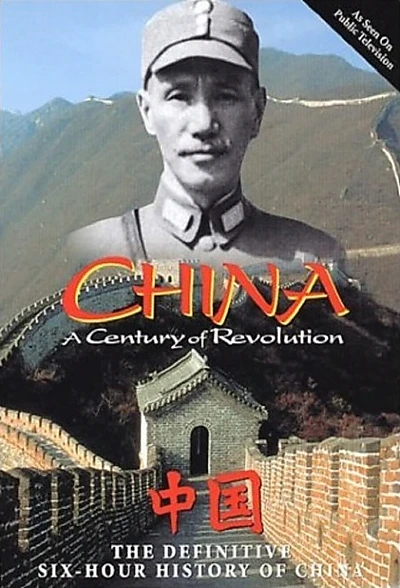
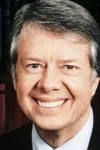
 ,
,